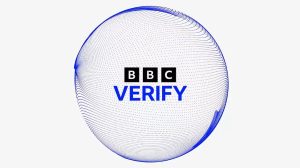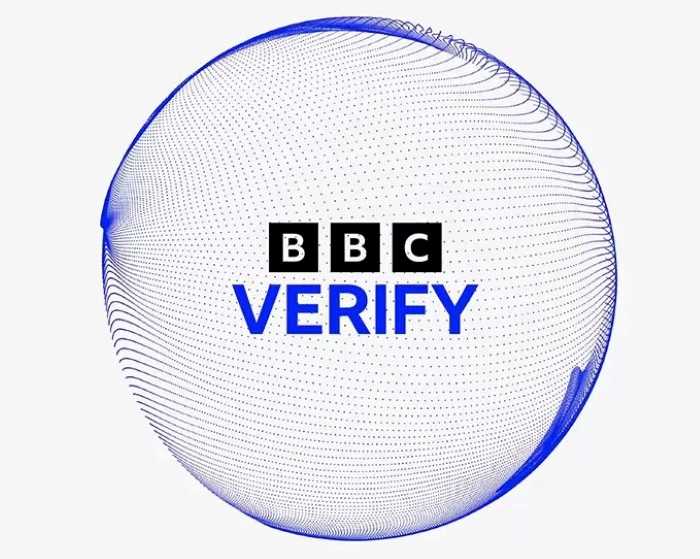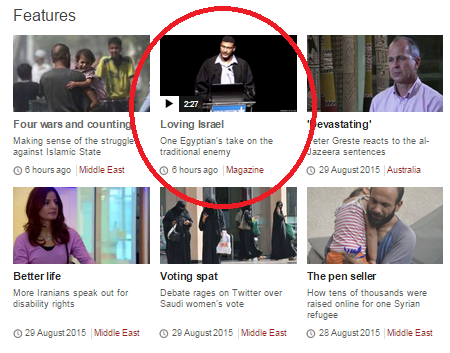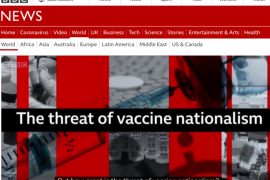For several years now the BBC has been touting itself as an antidote to ‘fake news’ and ‘disinformation’:
BBC NEWS REPORT ON 2017 ‘FAKE NEWS’ EXCLUDES ITS OWN
THE BBC, 2018 ‘FAKE NEWS’ AND FACT CHECKING
The appearance of the Coronavirus pandemic in early 2020 saw the appointment of a specialist ‘disinformation reporter’ who was later promoted to ‘disinformation correspondent’.
Last month the BBC announced its latest expansion of that area of activity with a “new brand“ called ‘BBC Verify’.
“BBC News has unveiled BBC Verify – a new brand to address the growing threat of disinformation and build trust with audiences by transparently showing how BBC journalists know the information they are reporting.
BBC Verify will showcase the advanced editorial tools and techniques BBC news journalists are using to investigate, source and verify information, video, and images.
BBC Verify is a team of investigative journalists, a brand and also a physical area in the BBC newsroom in London, from which its experts will regularly appear across BBC news content, including on the BBC News website live pages, radio and the BBC News channel. The team will work across a range of stories, from breaking news to analysis and visual journalism all the way to original investigations. […]
BBC Verify is a highly specialised team with a range of forensic and Open Source Intelligence (OSINT) capabilities that enable them to go beyond conventional newsroom techniques. The team will share the evidence of their work with their audiences.
The team consists of around 60 journalists and brings together the following existing teams: Data and Analysis, including Analysis Editor Ros Atkins and Disinformation Correspondent Marianna Spring; Reality Check; World Service Disinformation Team; Monitoring Disinformation Team; and the User Generated Content (UGC) team.”
Methods used by the BBC’s disinformation correspondent to “go beyond conventional newsroom techniques” have already been the subject of criticism relating to ethical standards in journalism.
As regular readers will be aware, some of those “existing teams” have produced less than satisfactory content in the past:
BBC ‘ESCALATED VIOLENCE’ BACKGROUNDER AVOIDS TERRORISM, PROMOTES EQUIVALENCE
FACT CHECKING THE BBC’S ‘FACT CHECKING ARM’
BBC MONITORING CLAIMS TO TAKE ON THE ‘MANIPULATION OF MESSAGING’
If BBC Verify is to be any different from the corporation’s previous similar projects over the past six years, it obviously must first and foremost recognise that fact checking and tackling disinformation begins at home.





